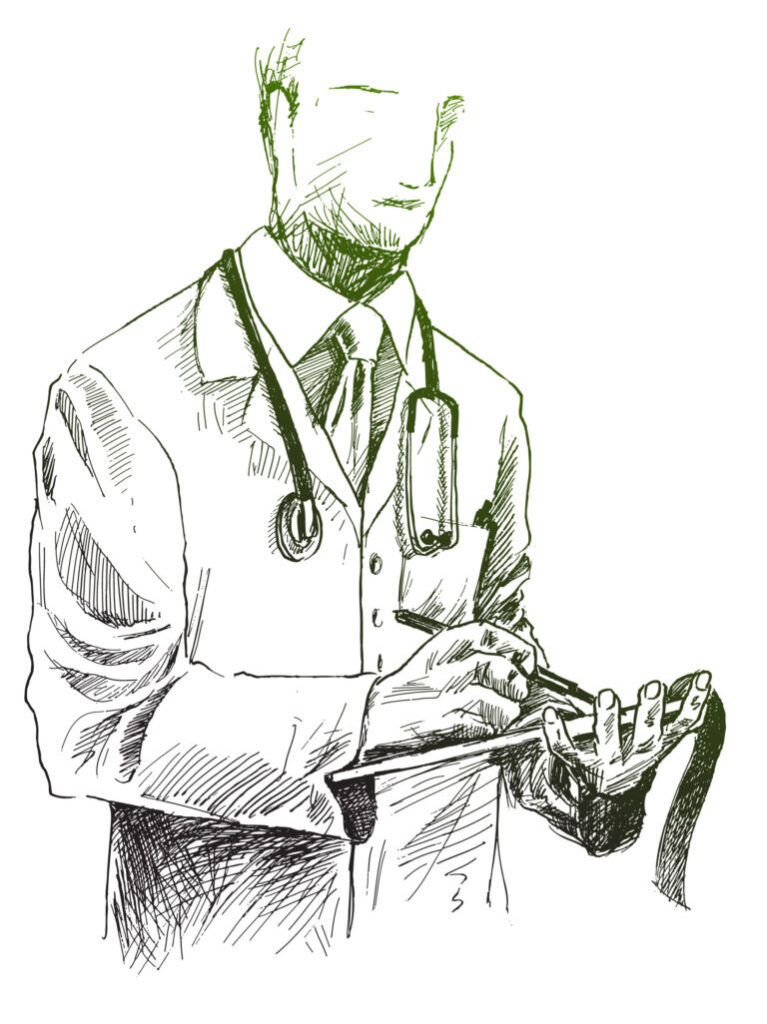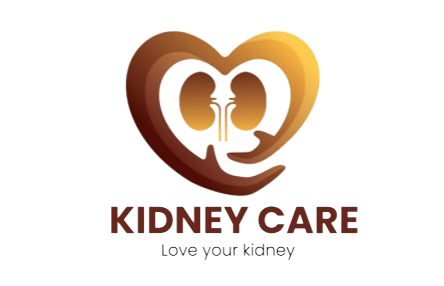Hemodialysis
Hemodialysis is a medical treatment used to manage kidney failure. It involves removing waste and excess fluids from the blood by filtering it through a machine outside the body, then returning the cleaned blood to the body. Hemodialysis is usually done at a dialysis center or hospital by a team of trained medical professionals.
Symptoms
Symptoms Of Kidney Failure Can Include
- Fatigue Swelling In The Legs And Feet
- Loss Of Appetite
- Nausea
- Vomiting
- Confusion
- Difficulty Breathing


Causes
Common Causes Of Acute Kidney Failure Include
- Diabetes
- High Blood Pressure
- Kidney Disease
- Other Health Issues
Who Should Be Treated
Patients with kidney failure who cannot be managed with medication alone may be candidates for hemodialysis. Hemodialysis is usually recommended for people whose kidneys are functioning at less than 15% of their normal capacity.
Dos And Don'ts For Acute Kidney Failure
Follow your diet and fluid restrictions as directed by your healthcare team.
Dos
- Stay hydrated by drinking enough water.
- Manage underlying health conditions such as hypertension and diabetes.
- Follow a healthy diet and lifestyle.
- Take medications only as prescribed by your doctor.
- Seek medical attention promptly if you experience any symptoms of acute kidney failure.
Dos
- Don't take over-the-counter pain medications or supplements without consulting your doctor.
- Avoid consuming excessive amounts of alcohol or caffeine.
- Don't smoke or use tobacco products.

